One time Zen Master Wu Bong was asked “What is most important? He said ‘to try’”. We often hear and read about this trying, but what does it really mean?
A few drops
Here is a story about it: One day a terrible fire broke out in a forest – a huge woodland was suddenly engulfed by a raging wildfire. Frightened, all the animals fled their homes and ran out of the forest. Every one of them thought there was nothing they could do about the fire, except for one little bird.
This particular bird decided it would do something. It swooped into the nearby stream and picked up a few drops of water and went into the forest and put them on the fire. Then it went back to the stream and did it again, and it kept going back, again and again and again. As the bird was flying back and forth, it got more and more tired and exhausted. Finally, it died from exhaustion and fell into the fire. The story continues that the gods were so moved by the bird that they put out the fire.
The Fire inside us
With our current climate situation, we see so many fires around the globe raging and destroying the homes of so many sentient beings. We recently had a very big fire in the Rax area – the largest forest fire ever to occur in Austria. Firefighters were trying to ban the fire for weeks.
But fire, in general, has a lot of very good use too: We have been using fire to illuminate, keep us warm, and to prepare food for millions of years. We learned to live with fire and carefully use it so that it doesn’t create any harm. However, there is also a fire inside us. We usually don’t pay attention to that fire. It comes up, and before it is seen, or before we smell the smoke, it is already raging, destroying and forcing other inner sentient beings to flee.
So, we find ourselves confronted with cause and effect leading to “get burned”. Either directed towards others, which may result in destruction, war, or genocide. Or directed towards ourselves, leading to depression, to drug abuse, to suicide, and so forth.
Often, when we see suffering for us and others and the cause of it that destroys in an instant what takes years to rebuild, we want to extinguish it right away – once and for all. We may plan to make life-changing decisions. Sometimes this may even result in a situation that is even worse than before. What can we do? Is it possible to use this fire in a way it doesn’t create harm but is helpful?
Holding onto the cliff of knowing
My six-year-old nephew currently has a phase where he doesn’t like to try any kind of food he doesn’t know. It seems that – for him – it is safer that way. It is a risky task to bite into an unknown green thing, that someone just talks about. The moment, when you bite into it, truth reveals itself.
When he is interested in something new, maybe a new game, he would try it. But only if there is a good chance that the outcome will be pleasurable for him. Then there is curiosity and wonder. Maybe it will work, maybe not. All senses are open and awake. For us adults, it seems very similar, we like to stay in a safe environment. We usually don’t like to try because we don’t like “don’t know”. Is there a fear of getting burned?
Coming back to “don’t know” – to that mind before thinking – is like dropping water on fire: “don’t know-water”. When we truly don’t know, all our thinking stops, and all our fire. The situation may look or be hopeless and terrifying. We may feel crushed and devastated, but using that “don’t know” will provide change. Without holding onto the cliff of knowing. Then what?
Try again
Zen Master Ji Kwang once said during a dharma talk, “try, if it doesn’t work, try again. If it doesn’t work, try again. If it still doesn’t work, try something else“. Can we let go of the cliff? Sometimes, maybe we are frustrated that this practice doesn’t work, that the discussion doesn’t lead to anything, or that the TV doesn’t play our favorite show. Are we still holding onto the cliff?
Letting go means: we see, hear, smell, taste, and feel differently – anew from moment to moment. What are we doing? – Let’s try and help this world.
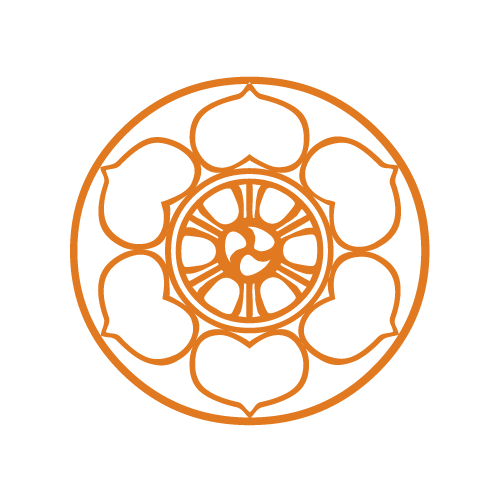
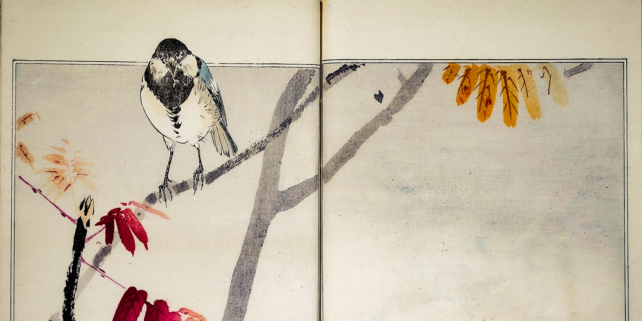 Metropolitan Museum of Art © Met, CC 1.0, Public Domain
Metropolitan Museum of Art © Met, CC 1.0, Public Domain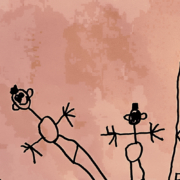 © Liam
© Liam 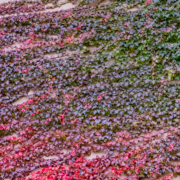 chris
chris 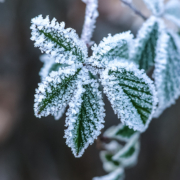
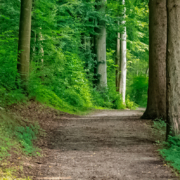
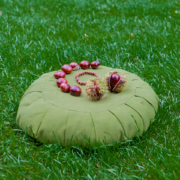 © czz @ Vienna Zen Center, 2022
© czz @ Vienna Zen Center, 2022 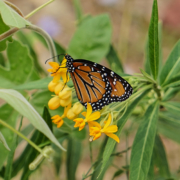
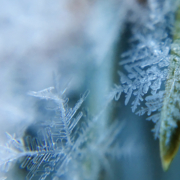
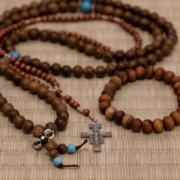 © Chris Zintzen
© Chris Zintzen  © Chris Zintzen
© Chris Zintzen chris zintzen 2022
chris zintzen 2022